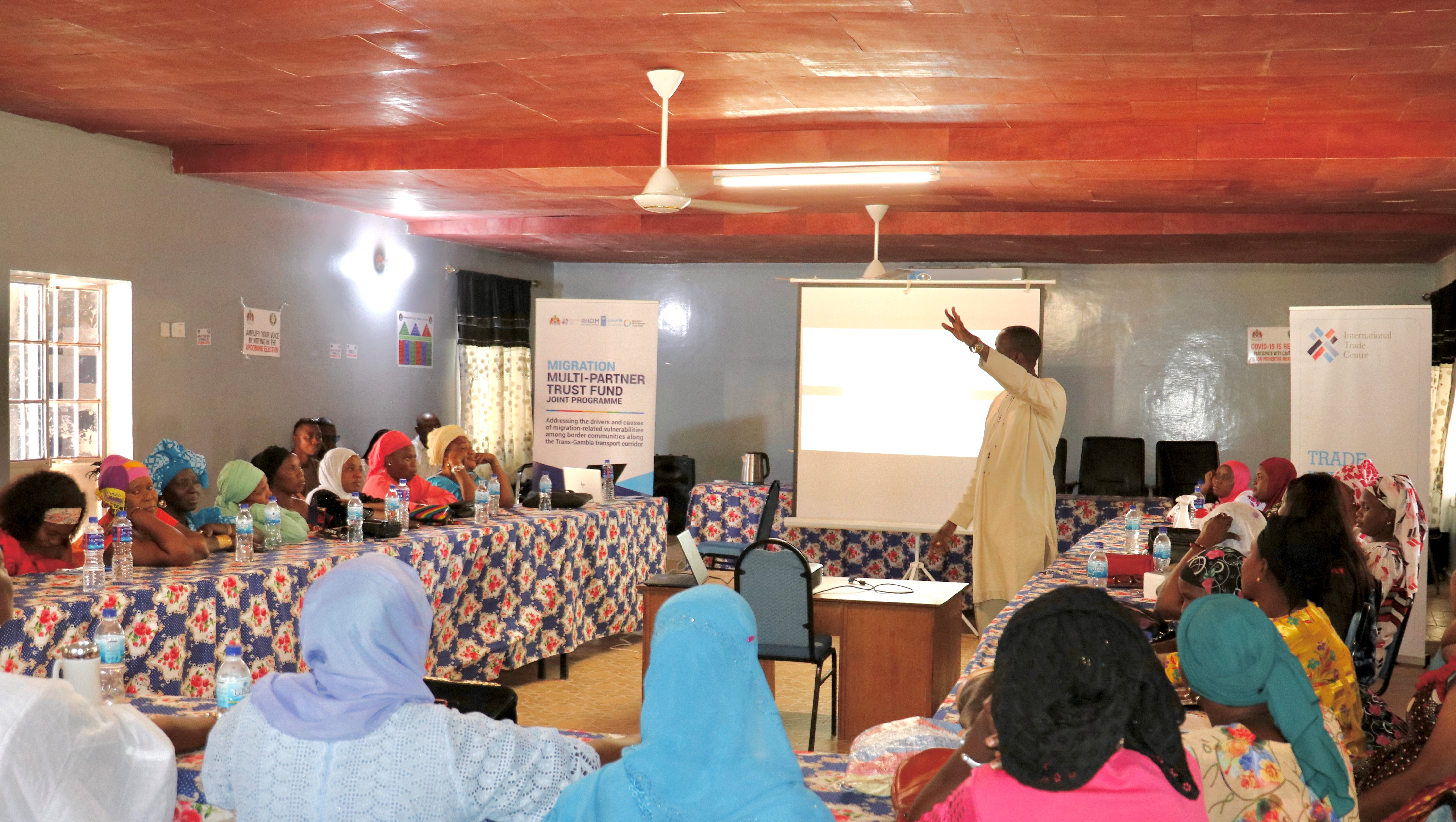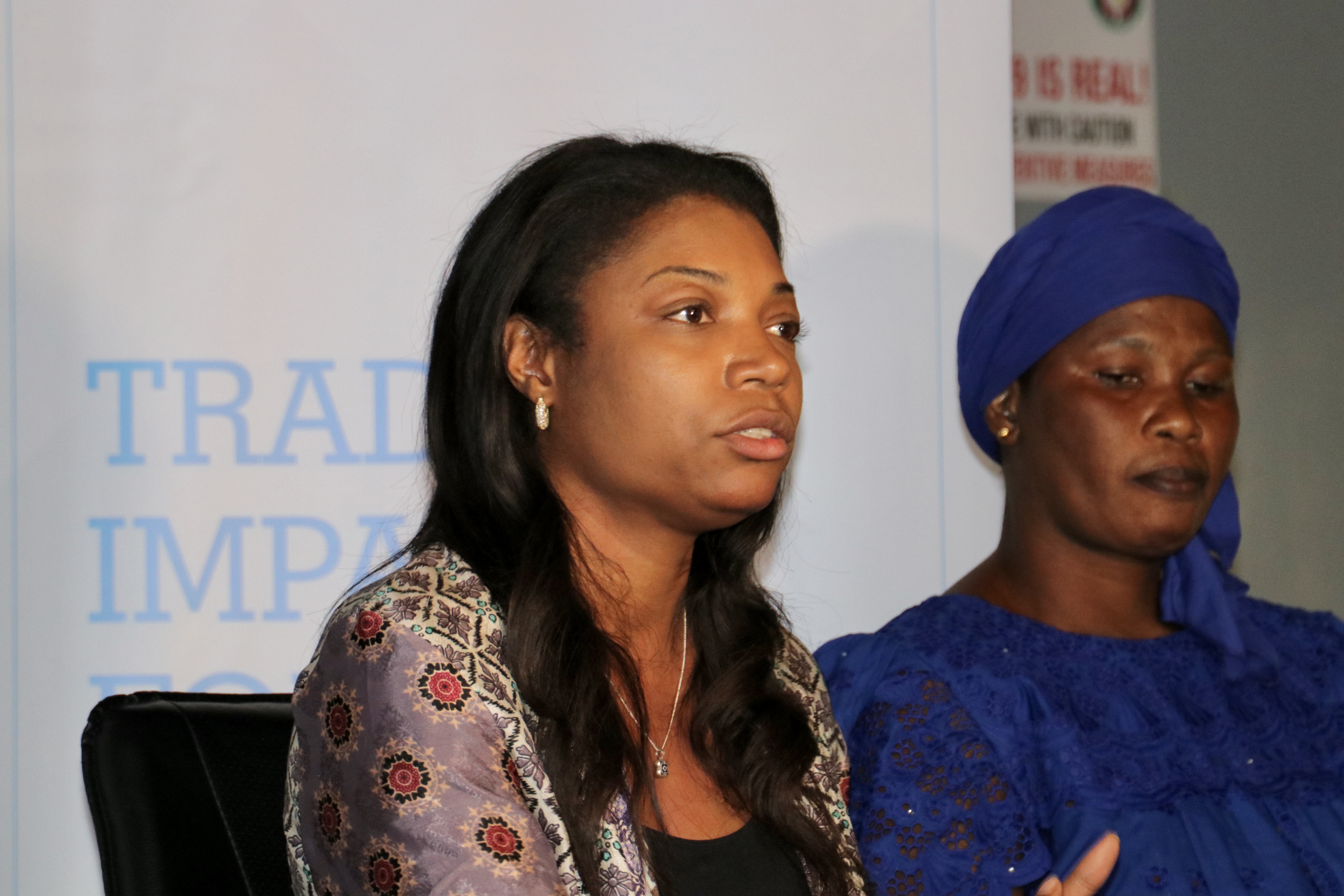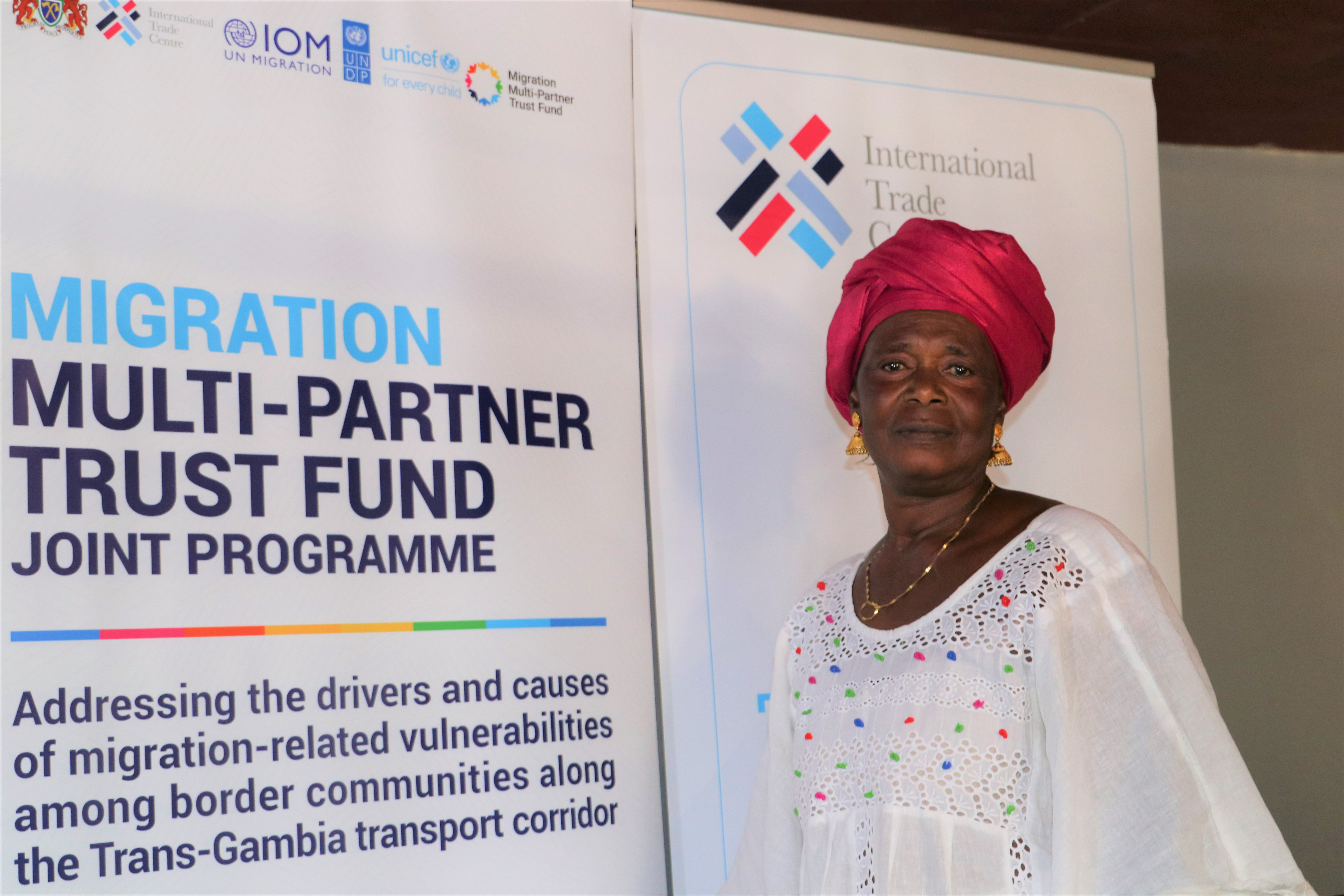Trade has the potential to lift people out of poverty, eliminate gender inequality, create jobs, enhance income generation, and promote inclusive and sustainable development. Despite the many benefits trade offers, there exist a series of challenges that affect the free flow of goods, services, and people from one country to another.
A rapid assessment conducted by the International Trade Centre through its Migration Multi-Partner Trust Fund joint programme found that bribery and corruption; harassment; excessive duties, taxes, fees, and charges; paperwork, among other issues, remain huge challenges to cross border trade.
Making up almost half of the informal cross-border traders, women are mostly affected by the abovementioned challenges. Trade is the major source of income for women cross-border traders, however, their knowledge of trade rules and procedures and the harassment they face continue to serve as obstacles, therefore, driving them out of business and increasing inequality and poverty.

Training of 30 women informal cross-border traders
To improve the trade environment at the border, the International Trade Centre in partnership with Startup Incubator Gambia rolled out a training to build the capacity of 30 women informal cross-border traders on trade rules, procedures, and entrepreneurship. The 5-day training held in Mansakonko targeted female small scale cross-border traders operating along the TransGambia transport corridor.
Speaking at the end of the 5-day training, Muhammed Danso, of Start-up Incubator, said the informal cross border traders were trained to have an understanding of entrepreneurship and trade rules. Mr. Danso shared: "The women informal cross-border traders were trained on how to run their businesses, develop a suitable business model, conduct robust marketing of their products, and have a deeper understanding of the nexus between business and personal finances. He added that the training also deepen the knowledge of the informal cross-border traders of trade rules and customs procedures. This he believes will ensure that they effectively conduct their cross-border trading profitably.
The Project Manager of the Migration MPTF Joint Programme, Yassin Gai, assured the women cross-border traders of ITC`s continuous support to their businesses to help them grow and earn more income to improve their livelihood. Ms. Gai shared: “Through the Migration MPTF Joint Programme, ITC will continue to roll-out initiatives to raise awareness on trade procedures and customs and provide entrepreneurship support to your businesses. Our goal is for women informal cross border traders to operate their businesses safely and profitably.”
 Yassin Gai
Yassin Gai
For the women cross-border traders, the training is a life-changing activity. Sharing her experiences, Haddy Nying a businesswoman engaged in the selling of agro-processed products said: “now I know what it takes to support the expansion of my business. The training has taught us to separate business from family activities and further introduced us to how to save and reinvest in the business to support growth.”
 Haddy Nying
Haddy Nying
Another beneficiary, Ndey Fatou Ceesay, said: "This training is beneficial. My idea of a viable business has been shaped. I now have an in-depth knowledge of trade rules and entrepreneurship." Ndey added that her financial literacy skills have also been honed. "I know how to manage the finances of my business and how to source my products in The Gambia and from the neighbouring countries without problems.”
The women traders also spoke about how the training has allowed them to understand trade rules and procedures, especially at the border. According to them they will now be able to navigate the border without using the informal routes or paying bribes to some border authorities.
The women were further trained on how to seek support when face with harassment or exploitation through a gender-based violence toll-free line launched by UNFPA in partnership with International Trade Centre, UNICEF, and UNDP.
The women will further be provided with a complementary packaging training, connect to national networks and networking opportunities as part of a wider effort to make trade safe and profitable for them.
Enjoyed this post by Bubacarr? Share it with others.
View count: 820